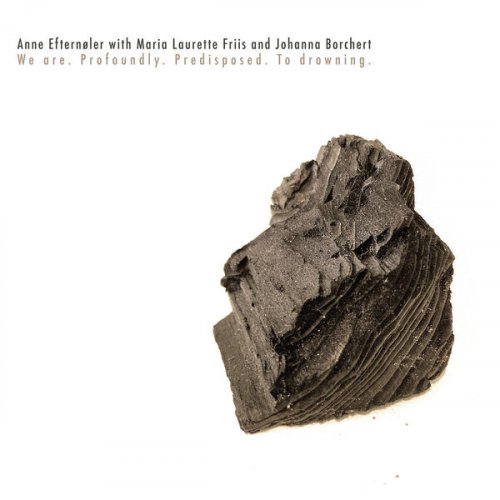Joanna Pascale - Wildflower (2015)
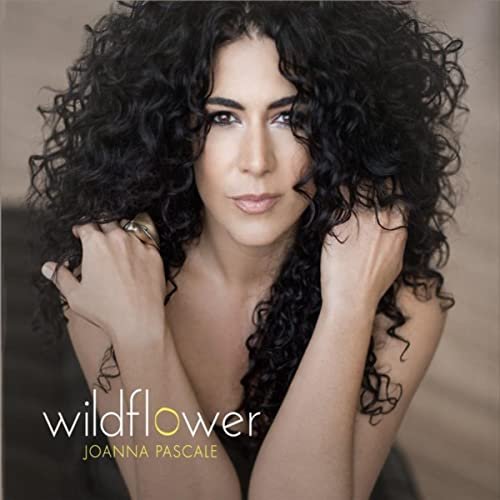
Artist: Joanna Pascale
Title: Wildflower
Year Of Release: 2015
Label: Stiletto Records
Genre: Jazz, Vocal Jazz
Quality: FLAC (tracks) | Mp3 / 320kbps
Total Time: 01:01:37
Total Size: 336 MB | 140 MB
WebSite: Album Preview
TracklistTitle: Wildflower
Year Of Release: 2015
Label: Stiletto Records
Genre: Jazz, Vocal Jazz
Quality: FLAC (tracks) | Mp3 / 320kbps
Total Time: 01:01:37
Total Size: 336 MB | 140 MB
WebSite: Album Preview
-----------
01. Forget Me
02. Lament
03. Will You Still Love Me Tomorrow
04. Stay With Me
05. Do It Again
06. Wildflower
07. Overjoyed
08. I Wanna Be Loved
09. Drown In My Own Tears
10. I Remember You
11. Im Confessin (That I Love You)
Rarely have I come across an album—a whole album—of songs that dallies like an endless summer, which is to say that from its lyrical point of view its vocals have been sung at so slow a tempo that they pirouette interminably in my otherwise silent room. This is how I like to listen to music, except that when I listen to Joanna Pascale’s album Wildflower I am constantly distracted. The music demands my attention. If I stray towards the review I choose to write, it draws me back again like a warm, foreign sensation that I must respond to. And what an album it is. What a stimulating assemblage of music (and musicians) in spectacular, standard-setting performances.
Joanna Pascale has an incisive voice, sassy along the edges. This enables her to swing even as she sings the blues. She appears born to sing and because she ‘does it’ her way, she sounds singular, unique unto herself. Her range is a dusky contralto, but she can also soar like a bird on the wing. There is a slight vibrato at the end here and it is most affecting to hear. But when she reached down to death-defying depths, she holds her notes without a quiver in her voice, pitch-perfect. This as any vocalist knows, is extremely difficult to do. She does this on “Lament” and you find yourself holding your breath, waiting for the ball to drop, so to speak, but Ms. Pascale lets the note ‘die’ with such sassiness you are about to lose control of yourself.
Ms. Pascale delivers sons as a joyous clamour of voice, melting in with the rest of the instruments that producer Orrin Evans has so smartly brought together to add both weight and dimension. That this is a surprisingly vivid programme is partly because of the colours offering by entwining Ms. Pascale’s balletic vocals with spritely accompaniments. This also means that nobody is allowed to be a shrinking violet, except, of course, Joanna Pascale, who shrinks and blooms almost at will. Consider “Overjoyed”, sung at a daringly slow pace, yet communicating its emotions en pointe. Her sparkle remains undimmed throughout even among such stellar musicians as Gregoire Maret, who brings something special to the song as do Cyrus Chestnut, Bilal and so on and so on…
Joanna Pascale groups her ‘finds’—some hardly known because they are like one-off arias written for some forgotten operas by even less remembered musicians. But this does not faze the singer. On the contrary, she imbues the songs with so much spirit that the Tin Pan Alley of Carole King and Gerry Goffin, for instance, come alive again. And then too, unexpected insights arise at every turn. This is because the singer is never on auto-pilot, but completely engaged in the narratives, more often than not with an air of experimentation, transforming song forms and manners from the past. On other songs the changes are so subtle that you feel like an eavesdropper intruding a secret event. No one did this better than Sarah Vaughan. Dare I suggest no one does it better than Ms. Pascale today.
All of this under Orrin Evans’ vigorous direction has a nice analogue sound that is refreshingly devoid of gloss. Rare to find these days.
Personnel:
Joanna Pascale: vocals; Orrin Evans: piano 1 – 4 & 6 – 11); Cyrus Chestnut: piano (5) & Hammond B3 (9);Vicente Archer: bass; Christian McBride: bass (1, 5 & 6); Luques Curtis: bass (2); Obed Calvaire: drums; Donald Edwards: drums (1, 2 & 6); Gregoire Maret: harmonica (3, 7 & 9); Bilal: vocals (6); Kurt Rosenwinkel: guitar (6); Tim Motzer: guitar (6); Tony Haywood: background vocals (9); Luques Curtis: background vocals (9); Orrin Evans: background vocals (9); Michael Bond: background vocals (9)
Joanna Pascale has an incisive voice, sassy along the edges. This enables her to swing even as she sings the blues. She appears born to sing and because she ‘does it’ her way, she sounds singular, unique unto herself. Her range is a dusky contralto, but she can also soar like a bird on the wing. There is a slight vibrato at the end here and it is most affecting to hear. But when she reached down to death-defying depths, she holds her notes without a quiver in her voice, pitch-perfect. This as any vocalist knows, is extremely difficult to do. She does this on “Lament” and you find yourself holding your breath, waiting for the ball to drop, so to speak, but Ms. Pascale lets the note ‘die’ with such sassiness you are about to lose control of yourself.
Ms. Pascale delivers sons as a joyous clamour of voice, melting in with the rest of the instruments that producer Orrin Evans has so smartly brought together to add both weight and dimension. That this is a surprisingly vivid programme is partly because of the colours offering by entwining Ms. Pascale’s balletic vocals with spritely accompaniments. This also means that nobody is allowed to be a shrinking violet, except, of course, Joanna Pascale, who shrinks and blooms almost at will. Consider “Overjoyed”, sung at a daringly slow pace, yet communicating its emotions en pointe. Her sparkle remains undimmed throughout even among such stellar musicians as Gregoire Maret, who brings something special to the song as do Cyrus Chestnut, Bilal and so on and so on…
Joanna Pascale groups her ‘finds’—some hardly known because they are like one-off arias written for some forgotten operas by even less remembered musicians. But this does not faze the singer. On the contrary, she imbues the songs with so much spirit that the Tin Pan Alley of Carole King and Gerry Goffin, for instance, come alive again. And then too, unexpected insights arise at every turn. This is because the singer is never on auto-pilot, but completely engaged in the narratives, more often than not with an air of experimentation, transforming song forms and manners from the past. On other songs the changes are so subtle that you feel like an eavesdropper intruding a secret event. No one did this better than Sarah Vaughan. Dare I suggest no one does it better than Ms. Pascale today.
All of this under Orrin Evans’ vigorous direction has a nice analogue sound that is refreshingly devoid of gloss. Rare to find these days.
Personnel:
Joanna Pascale: vocals; Orrin Evans: piano 1 – 4 & 6 – 11); Cyrus Chestnut: piano (5) & Hammond B3 (9);Vicente Archer: bass; Christian McBride: bass (1, 5 & 6); Luques Curtis: bass (2); Obed Calvaire: drums; Donald Edwards: drums (1, 2 & 6); Gregoire Maret: harmonica (3, 7 & 9); Bilal: vocals (6); Kurt Rosenwinkel: guitar (6); Tim Motzer: guitar (6); Tony Haywood: background vocals (9); Luques Curtis: background vocals (9); Orrin Evans: background vocals (9); Michael Bond: background vocals (9)
FLAC
IsraCloud : Download
Mp3
IsraCloud : Download
![Danakil Safari - From the Soil (2026) [Hi-Res] Danakil Safari - From the Soil (2026) [Hi-Res]](https://www.dibpic.com/uploads/posts/2026-02/1771561850_h6jyygzrq1lpb_600.jpg)

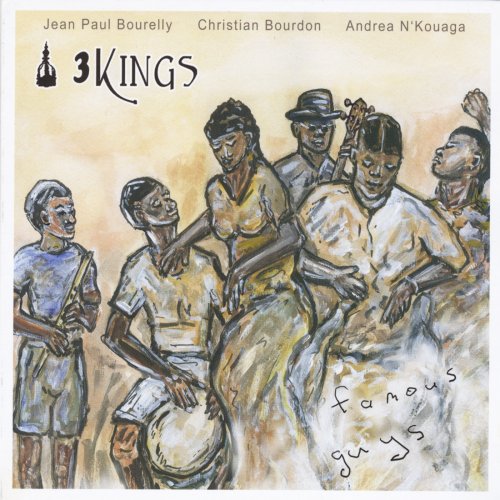
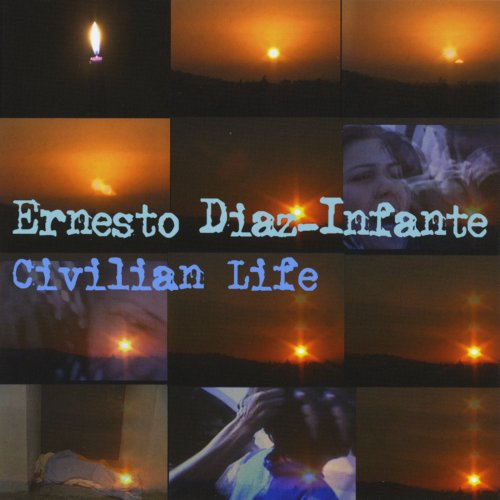
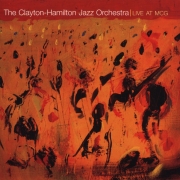
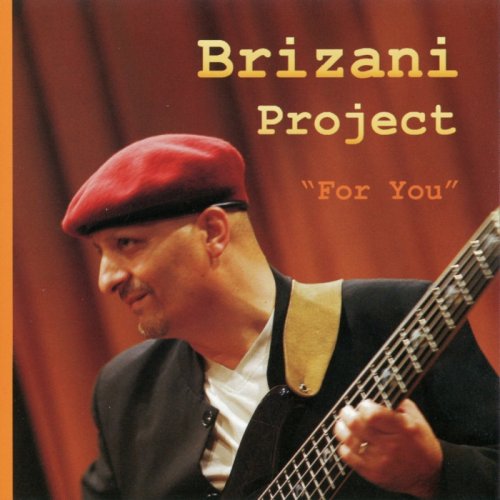
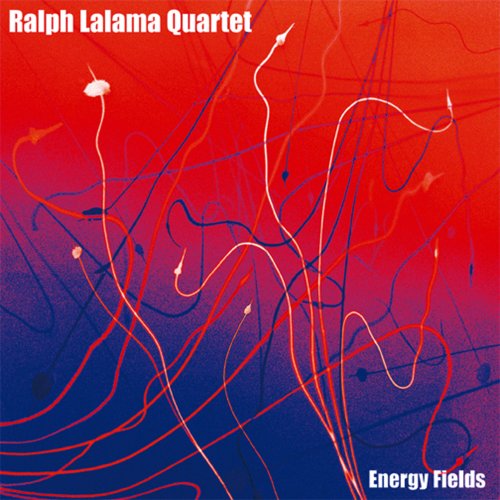
![Magda Mayas' Filamental - Murmur (2026) [Hi-Res] Magda Mayas' Filamental - Murmur (2026) [Hi-Res]](https://www.dibpic.com/uploads/posts/2026-02/1771663724_i3cjtptz4ae2l_600.jpg)
